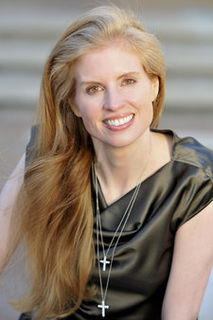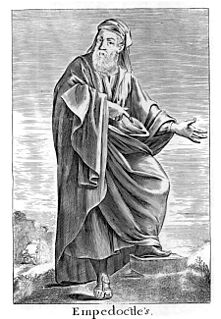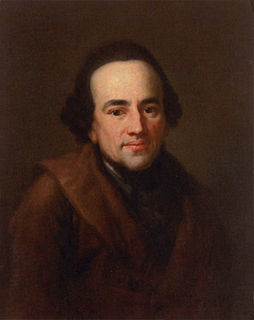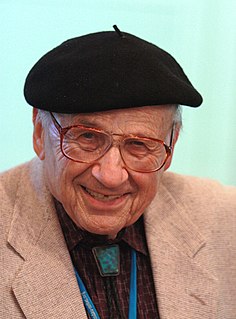A Quote by Laura Arrillaga-Andreessen
Religion is a complex and often contradictory force in our world. It fosters hope and comfort but also doubt and guilt. It creates both community and exclusion. It brings societies together around shared belief and tears them apart through war. However, what unites the faithful, whatever their religion, is the unshakeable force of generosity.
Related Quotes
The "establishment of religion" clause of the First Amendment means at least this: Neither a state nor the Federal Government can set up a church. Neither can pass laws which aid one religion, aid all religions, or prefer one religion over another. Neither can force nor influence a person to go to or to remain away from church against his will or force him to profess a belief or disbelief in any religion.
The force that unites the elements to become all things is Love, also called Aphrodite; Love brings together dissimilar elements into a unity, to become a composite thing. Love is the same force that human beings find at work in themselves whenever they feel joy, love and peace. Strife, on the other hand, is the force responsible for the dissolution of the one back into its many, the four elements of which it was composed.
Besides justifying the transfer of wealth to kleptocrats, institutionalized religion brings two other important benefits to centralized societies. First, shared ideology or religion helps solve the problem of how unrelated individuals are to live together without killing each other—by providing them with a bond not based on kinship. Second, it gives people a motive, other than genetic self-interest, for sacrificing their lives on behalf of others.
I am very much a scientist, and so I naturally have thought about religion also through the eyes of a scientist. When I do that, I see religion not denominationally, but in a more, let us say, deistic sense. I have been influence in my thinking by the writing of Einstein who has made remarks to the effect that when he contemplated the world he sensed an underlying Force much greater than any human force. I feel very much the same. There is a sense of awe, a sense of reverence, and a sense of great mystery.
The human psyche has two great sicknesses: the urge to carry vendetta across generations, and the tendency to fasten group labels on people rather than see them as individuals. Abrahamic religion gives strong sanction to both-and mixes explosively with both. Only the willfully blind could fail to implicate the divisive force of religion in most, if not all, of the violent enmities in the world today.
There is nothing more difficult to outgrow than anxieties that have become useful to us, whether as explanations for a life that never quite finds its true force or direction, or as fuel for ambition, or as a kind of reflexive secular religion that, paradoxically, unites us with others in a shared sense of complete isolation: you feel at home in the world only by never feeling at home in the world.
The true contrast between science and religion is that science unites the world and makes it possible for people of widely differing backgrounds to work together and to cooperate. Religion, on the other hand, by its very claim to know “The Truth” through “revelation,” is inherently divisive and a creator of separatism and hostility.
With the world in turmoil and doubt, the American people, faithful to the values that have always defined America's identity, have expressed with force their faith in progress and the future. At a time when we must face huge challenges together, your election has raised enormous hope in France, in Europe and beyond.
The only religion that ought to be taught is the religion of fearlessness. Either in this world or in the world of religion, it is true that fear is the sure cause of degradation and sin. It is fear that brings misery, fear that brings death, fear that breeds evil. And what causes fear? Ignorance of our own nature.



































